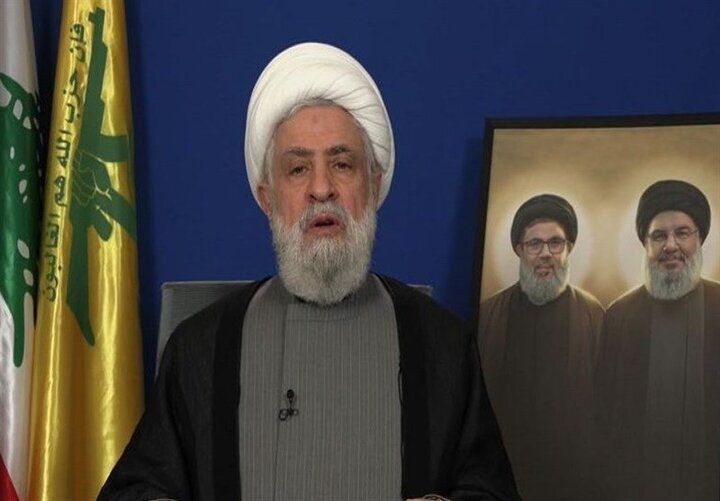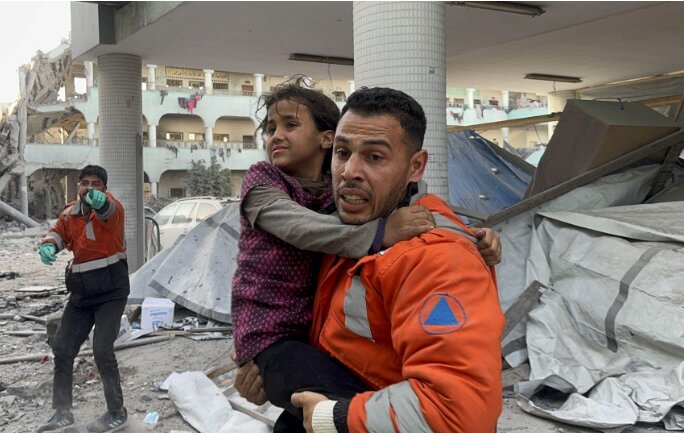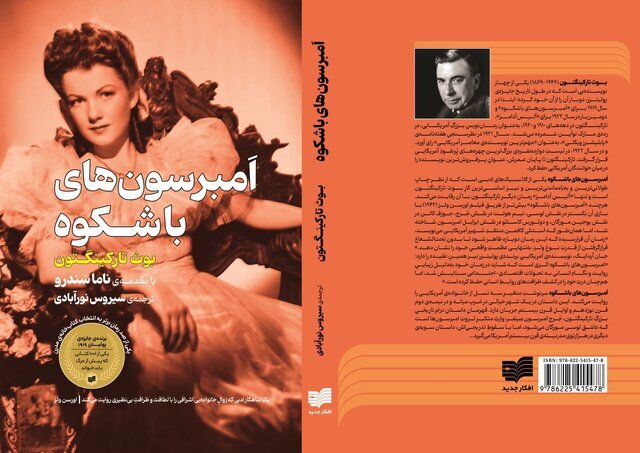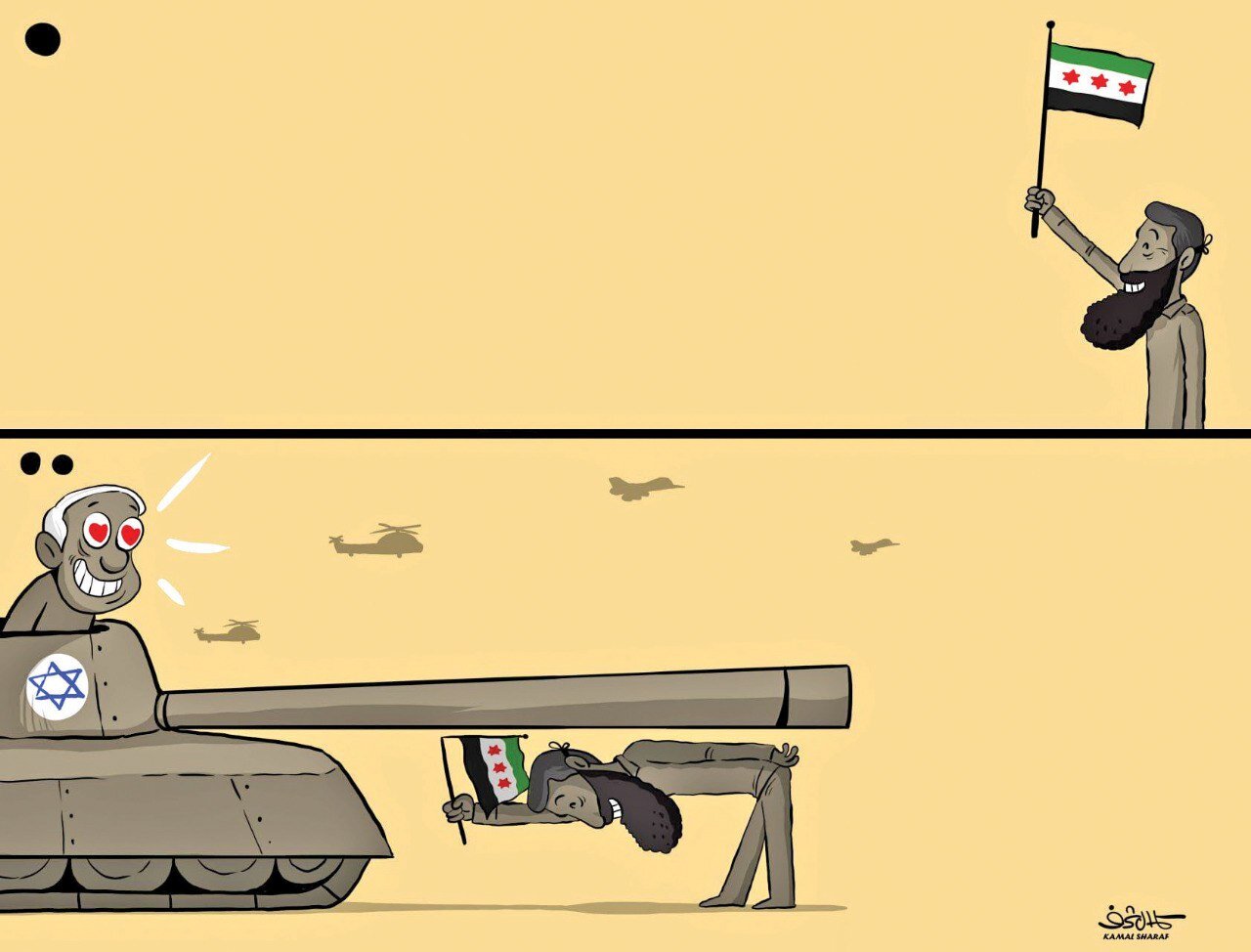
MADRID The fourth round of nuclear negotiations between the United States and Iran, held in Muscat on Sunday, May 11, concluded on a surprisingly constructive note.According to Esmaeil Baqaei, spokesperson for Irans Foreign Ministry, the discussions were difficult but useful, allowing both sides to better understand each other's positions and explore practical pathways toward resolving long-standing disputes.However, this modest diplomatic progress has been overshadowed by a media-driven pressure campaign emanating from Washington.
A series of statements from key American negotiatorsmost notably Steve Witkoff, representing President Donald Trumpthreatened to derail the fragile momentum.
In an interview with the conservative outlet Breitbart News, Witkoff reiterated hardline U.S.
demands and dismissed the potential for compromise.
The timing and tone of his remarks suggest a deliberate effort to use the media as a tool of political coercion, rather than pursuing genuine diplomacy.A Familiar impasseAt the heart of the discord remains the issue of uranium enrichment.
The United States has insisted that Iran must dismantle its enrichment infrastructure to prevent the development of nuclear weapons.
Witkoff went further, demanding that Iran not only halt enrichment but also decommission its centrifuges, export its nuclear fuel, and transform its entire nuclear program into a model akin to the Bushehr power plant, which lacks enrichment capabilities.Tehran, for its part, views such conditions as both unrealistic and deeply insulting.
Iran maintains that its nuclear program is exclusively peaceful and that its rights under the Nuclear Non-Proliferation Treaty (NPT) include the ability to enrich uranium for civilian purposes.
The Islamic Republic has consistently pointed out that several other nations operate enrichment facilities without being accused of militarization.The insistence on dismantling Irans nuclear infrastructure is perceived in Tehran not merely as a security concern but as a direct challenge to its sovereignty.
Iranian officials have repeatedly warned that any agreement requiring the renunciation of domestic enrichment would be unacceptable and tantamount to national capitulation.The legacy of the JCPOAThe debate is further complicated by the ghost of the Joint Comprehensive Plan of Action (JCPOA), the landmark 2015 nuclear deal from which the United States unilaterally withdrew in 2018 under President Trump.
The JCPOA was a carefully negotiated compromise that offered Iran sanctions relief in exchange for verifiable limits on its nuclear activities.
By abandoning the deal, Washington not only undermined years of multilateral diplomacy but also eroded trust in future American commitments.In his interview, Witkoff signaled that any new agreement must avoid the so-called sunset clauses of the JCPOAprovisions that allowed certain restrictions on Iran to expire after a number of years.
Yet his critique conveniently omits that the U.S.
exit from the deal occurred before those clauses could even take effect.
For Iranian policymakers, this selective memory reflects a broader pattern of American unreliability.A media campaign as pressure tacticWhat distinguishes the current phase of talks is not only the content of U.S.
demands but also the means by which they are communicated.
The choice of Breitbart News as the platform for outlining hardline positions was no accident.
It plays into a broader American strategy of using media appearances to apply external pressure on Tehran, possibly to score domestic political points as much as to influence negotiations.Rather than conducting talks in the discreet channels typically favored by diplomats, certain factions in Washington appear to be waging a parallel negotiation through the press.
This media blitz complicates the work of negotiators on the ground and undermines trust between the two parties.
It also signals to Tehran that future agreements may once again be at the mercy of U.S.
electoral cycles and media narratives.From Iran's viewpoint, this strategy is both destabilizing and disingenuous.
Iranian negotiators have long complained of "moving goalposts" and media leaks designed to weaken Tehrans position ahead of critical meetings.
The recent statements by Witkoff, and their amplification in conservative U.S.
media, are likely to be viewed in this light.Irans diplomatic track recordDespite decades of sanctions and hostility, Iran has consistently demonstrated a willingness to engage in dialogue.
From participating in the original JCPOA talks to cooperating with the International Atomic Energy Agency (IAEA), Tehran has shown more flexibility than is often acknowledged in Western capitals.Tehrans commitment to diplomacy is not without its limits, however.
The Iranian leadership faces domestic pressure not to appear weak or subservient to foreign powers.
Years of economic hardship imposed by unilateral sanctions have only hardened public sentiment against perceived Western hypocrisy.
In this context, maximalist demands from Washington are counterproductive and risk strengthening hardline elements within Iran.Sundays session in Muscat was widely seen as a pivotal moment.
While the Iranians came prepared to discuss technical details and possible confidence-building measures, the U.S.
delegation appeared constrained by political messaging back home.
The contrast in approach is telling.
Iran is engaging in a slow, methodical diplomatic process.
The U.S seems more interested in staging rhetorical victories.
The result is a negotiation table where one side speaks the language of diplomacy, and the other that of domestic posturing.The prospects for a sustainable agreement remain uncertain.
Much will depend on whether the United States is prepared to engage Iran on equal footing and recognize its rights under international law.
Blanket demands for dismantlement and one-sided guarantees are unlikely to succeed.
A more promising approach would involve reciprocal steps, phased relief from sanctions, and mechanisms to ensure compliance on both sides.International actors such as the European Union, Russia, and China may also have a role to play in moderating talks and insulating them from domestic political pressures in Washington.
Without such safeguards, negotiations are doomed to be cyclical, vulnerable to the whims of U.S.
politics, and detached from the diplomatic realities on the ground.Ultimately, the success or failure of these talks will hinge not only on technical solutions but also on political willand the ability of both parties to resist the pull of grandstanding in favor of genuine compromise.
Iran has shown that it is willing to negotiate within a defined framework of mutual respect.
Whether the United States is willing to do the same remains an open question.If the U.S.
continues to rely on media pressure and maximalist demands, the collapse of negotiations is a real and imminent possibility.
Should that occur, the blame will rest not solely on diplomatic failure but on a broader unwillingness to treat diplomacy as a serious and consistent endeavor..
This article first appeared/also appeared in Tehran Times

 12
12

















